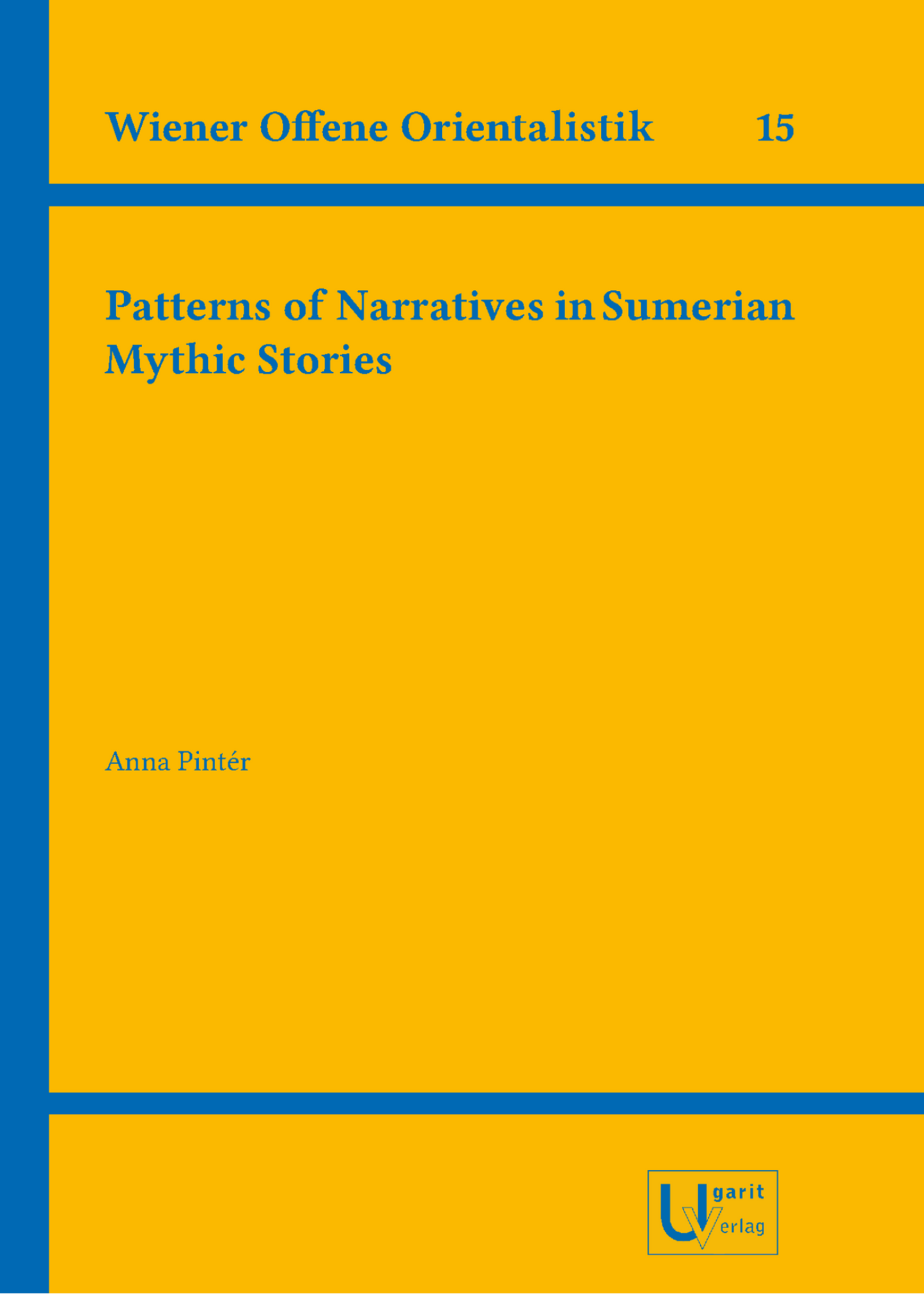Ugarit-Verlag - Buch- und Medienhandel GmbH
Patterns of Narratives in Sumerian Mythic Stories (WOO 15).
Patterns of Narratives in Sumerian Mythic Stories (WOO 15).
Herausgeber
Gebhard Selz
Autorin
Anna Krisztina Pintér
Beschreibung
One of the most fundamental tasks of an Assyriologist is the reconstruction of the daily life of ancient Mesopotamian society from everyday documents, economic archives, and legal texts. Religious and literary texts comprise a smaller part of the ancient textual evidence, and these latter genres have gained disproportionately large attention in research. Referring to dubious endeavours aiming to reveal the Mesopotamian’s belief and intellectual achievements from sporadic and scanty sources, Ignaz Gelb dubbed this ‘the struggle between Tammuz and onions’, and the term ‘onionology’ has since become an umbrella term for ‘the study of material culture’, based on everyday economic archives. Gelb’s choice of the god Tammuz as a metaphoric expression for abstruse studies in Assyriology is justified, given that the character of Tammuz was the object of certain religious studies which have been subject to devastating reviews and re-evaluations since their publication.
Commencing as a stylistic analysis of the mythic narrative Dumuzi’s Dream, the material of the present study primarily encompasses the compositions surrounding Tammuz, the Sumerian god Dumuzi, a Near Eastern dying god. His character has fuelled previous ‘esoteric’ works more than any other god. The aim of the thesis of which this book is the publication was to contribute to studies on Sumerian literature by analysing narrative patterns in Sumerian mythic compositions, albeit narratology is itself perhaps a nebulous field in literary criticism, which can come across as ‘esoteric’. I do hope, however, that Sumerian literature gives me an excuse for this undertaking, as one of the recurring fixed formulas of the Dumuzi-corpus is the description of the galla-demons who carry off their victim, Dumuzi. According to these lines, the galla-demons ‘don’t chew garlic, they don’t eat fish, and they never eat onions.’
The present work is the revised edition of my dissertation (defended in 2021). I would like to express my heartfelt gratitude to Prof. Gábor Zólyomi, Prof. Gebhard Selz, Prof. Attila Ferenczi, and Prof. József Krupp for all their help and encouragement. I would also like to thank Alexander Edmonds for proofreading my dissertation.
Inhaltsverzeichnis
Bibliographische Angaben
Reihe + Nummer: WOO 15
ISBN: 978-3-86835-367-9
Erscheinungsjahr: Mai 2025
Seitenanzahl: ix + 411 pp.
Verfügbarkeit für Abholungen konnte nicht geladen werden
Teilen



